Hey there, everyone! Get excited because in today’s blog post, we’re diving deep into the reasons behind oily skin. If you’re feeling frustrated by oily skin, keep reading, as we’ll be sharing some valuable pointers for your skincare routine that might just help.
Why Do You Have Oily Skin?
Oily skin is a common skin concern, but it’s not a flaw or a defect. So don’t feel bad about it—embrace it! Genetics play a significant role in oil production. Some people inherit larger or more active oil glands that naturally produce more oil. Specifically, genes that control the growth of sebocytes (the cells in oil glands) contribute to this. Hormones, particularly androgens (male hormones), can also influence oil production. Your skin may overproduce androgens, have more androgen receptors, or have receptors that are highly sensitive to androgens. All of these factors contribute to oiliness.
Diet can also impact oily skin. Diets rich in processed, sugary foods—think chips, snacks, and fast foods—can increase insulin-like growth factor, a hormone that may stimulate oil production. Certain medications, as well as hormonal fluctuations in women, especially during menstrual cycles, can also affect skin oiliness.
Benefits of Oily Skin
Believe it or not, having oily skin has its perks! People with oily skin often enjoy a naturally dewy, glowing look—a look many others try to achieve with products. Additionally, oily skin may have a protective effect against wrinkles and fine lines, as oil acts as a natural skin lubricant.
Negatives of Oily Skin
Oily skin does have its challenges. The shiny appearance can be bothersome, and people may comment on it. Makeup and skincare products may also “pill” or lift from the skin, especially sunscreens and makeup. Additionally, those with oily skin are often prone to acne, as excess oil can clog pores and create an environment for acne-causing bacteria. However, it’s important to note that not everyone with oily skin will have acne issues.
Skincare Routine for Oily Skin
To help manage oily skin, here are some routine suggestions that may minimize oiliness and reduce day-to-day frustrations:
1. Frequent Cleansing
Unlike other skin types, those with oily skin often benefit from washing their face twice a day, in the morning and at night. Morning cleansing can reduce shine and prepare the skin for makeup. Consider using a salicylic acid cleanser in the morning, as it helps exfoliate pores and smooth the skin.
2. Double Cleansing at Night
At night, we recommend double cleansing, starting with an oil-based cleanser to remove sunscreen, makeup, and excess oil. There’s no evidence that using an oil cleanser will increase oil production. However, if you use too much or don’t rinse it off properly, it can leave residue and potentially contribute to breakouts. If you prefer, a micellar cleansing water is an effective alternative. Always follow up with a gentle cleanser to remove any remaining residue.
3. Moisturizing
A common misconception is that oily skin doesn’t need moisturizer. While sebum (skin oil) may prevent some dryness, it’s not an effective moisturizer. People with oily skin should still moisturize, preferably with products labeled as “facial moisturizers.” These are often lighter in texture, containing ingredients like dimethicone, which can help reduce shine without clogging pores.
4. Sunscreen
Sunscreen is essential for everyone, but for those with oily skin, it can be tricky. Many sunscreens can look shiny, so we suggest using a gel-based formula, or a sunscreen with low molecular weight alcohol to create a fast-absorbing, less greasy feel. Try skipping a moisturizer in the morning and applying sunscreen directly for added hydration and protection without excess layering.
5. Incorporate Helpful Ingredients
Ingredients like niacinamide, sodium ascorbyl phosphate (a stable form of Vitamin C), and EGCG from green tea can help regulate oiliness and minimize breakouts. Look for these in moisturizers, sunscreens, or dedicated serums.
6. Clay Masks
Regularly using a clay mask can help absorb excess oil and reduce shine. Kaolin or bentonite clay masks are particularly effective and budget-friendly options. You can use them a few times a week to keep oil at bay and improve the longevity of makeup.
Final Thoughts on Embracing Oily Skin
Oily skin may come with its challenges, but remember, it’s just a skin type—nothing to be ashamed of! Social media often creates unrealistic beauty standards with filters and editing, making shiny skin seem abnormal. In reality, everyone’s skin reflects light, causing some level of shine.
Your skin, just like everyone else’s, is beautiful and unique. Embrace it, and try not to worry too much about others’ opinions or unrealistic images online. We hope these tips help you find a routine that works for you.
And as always, don’t forget your sunscreen!

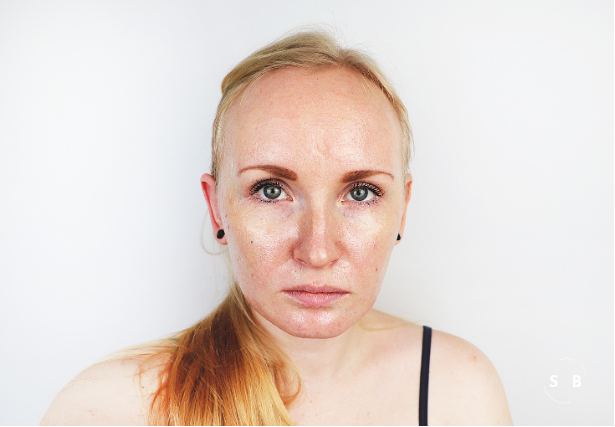


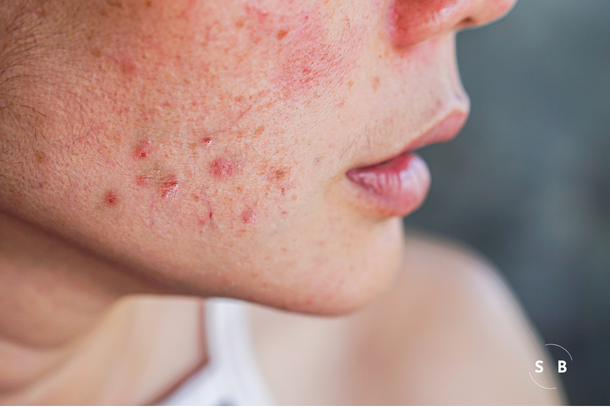
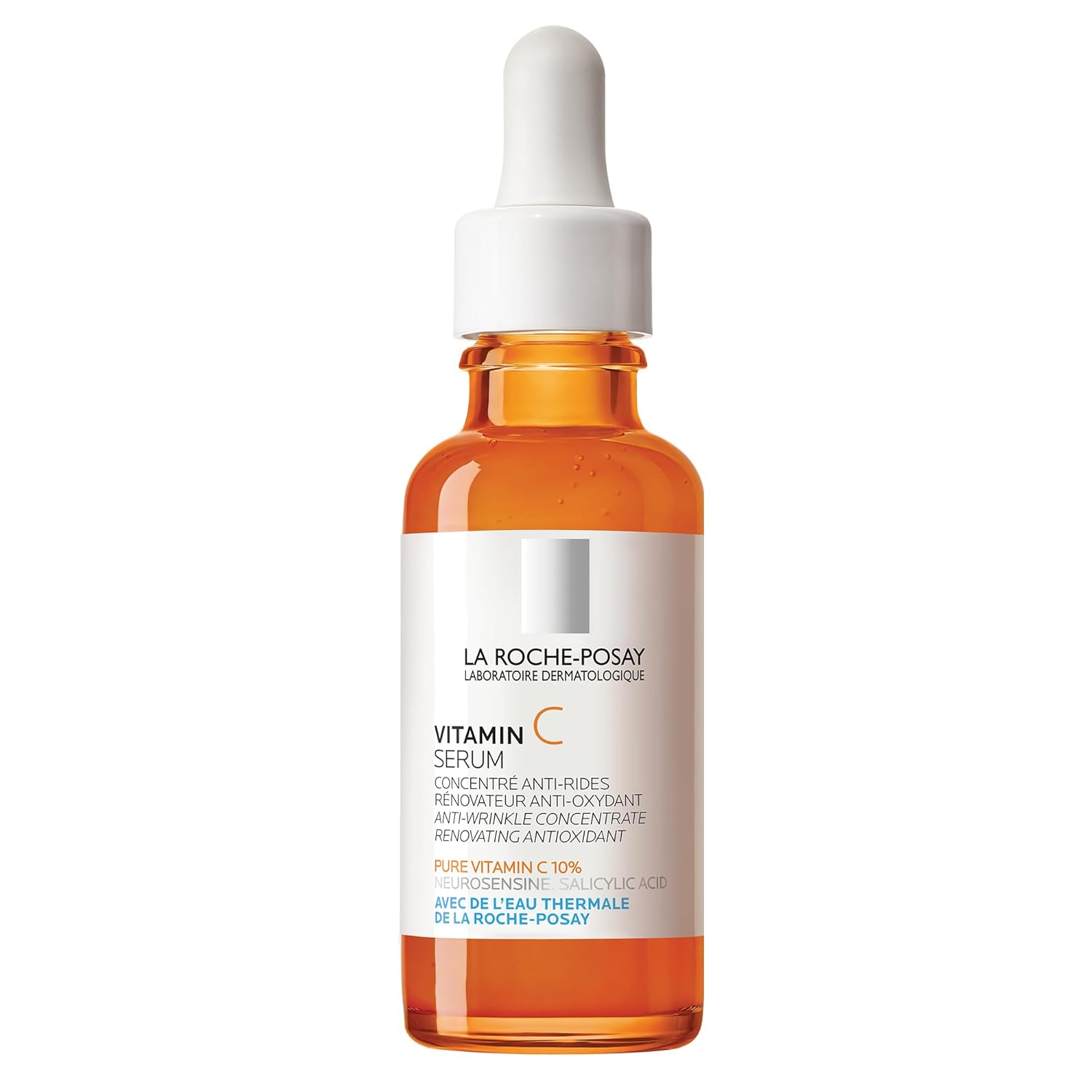
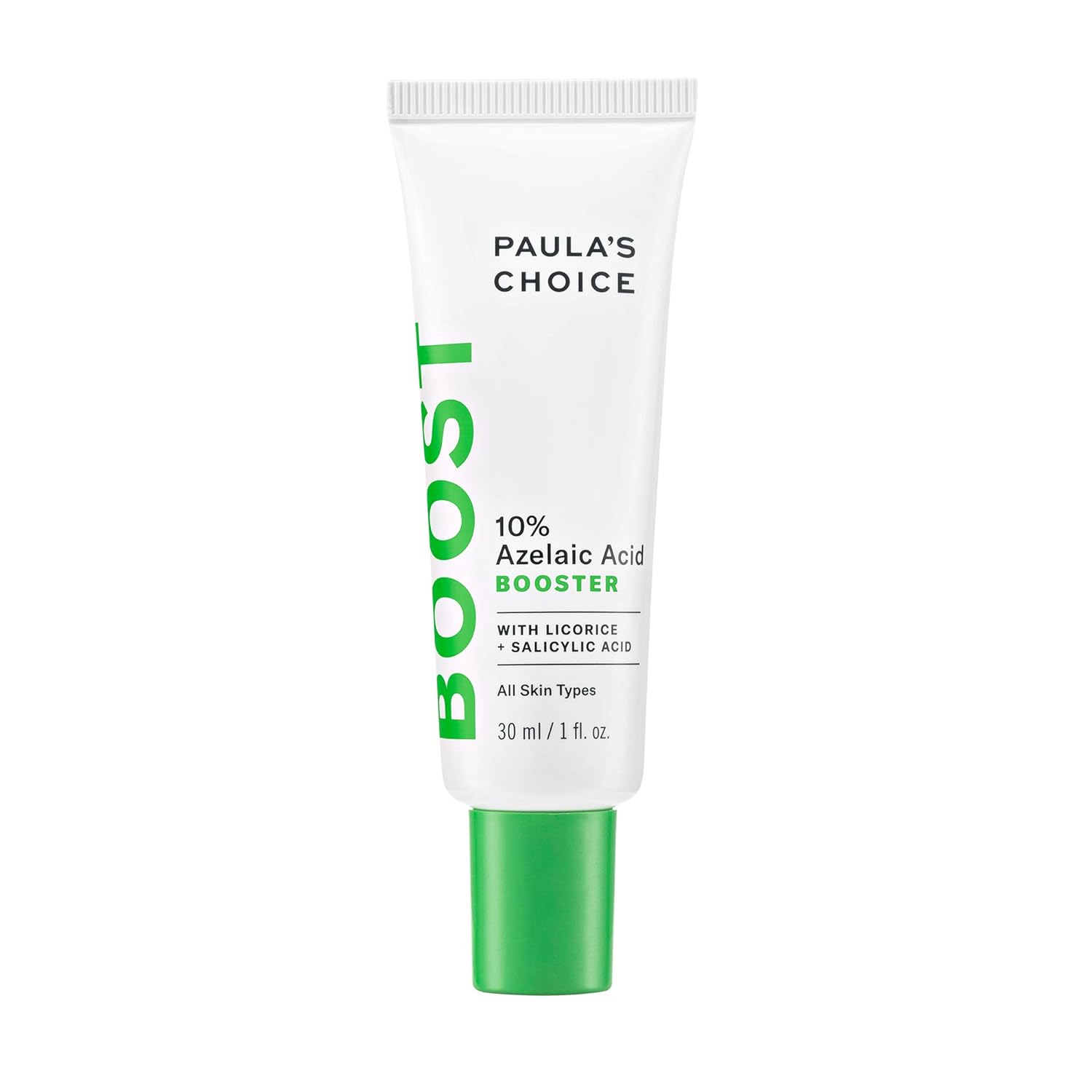
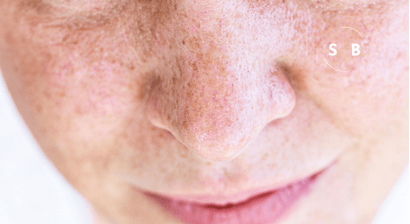
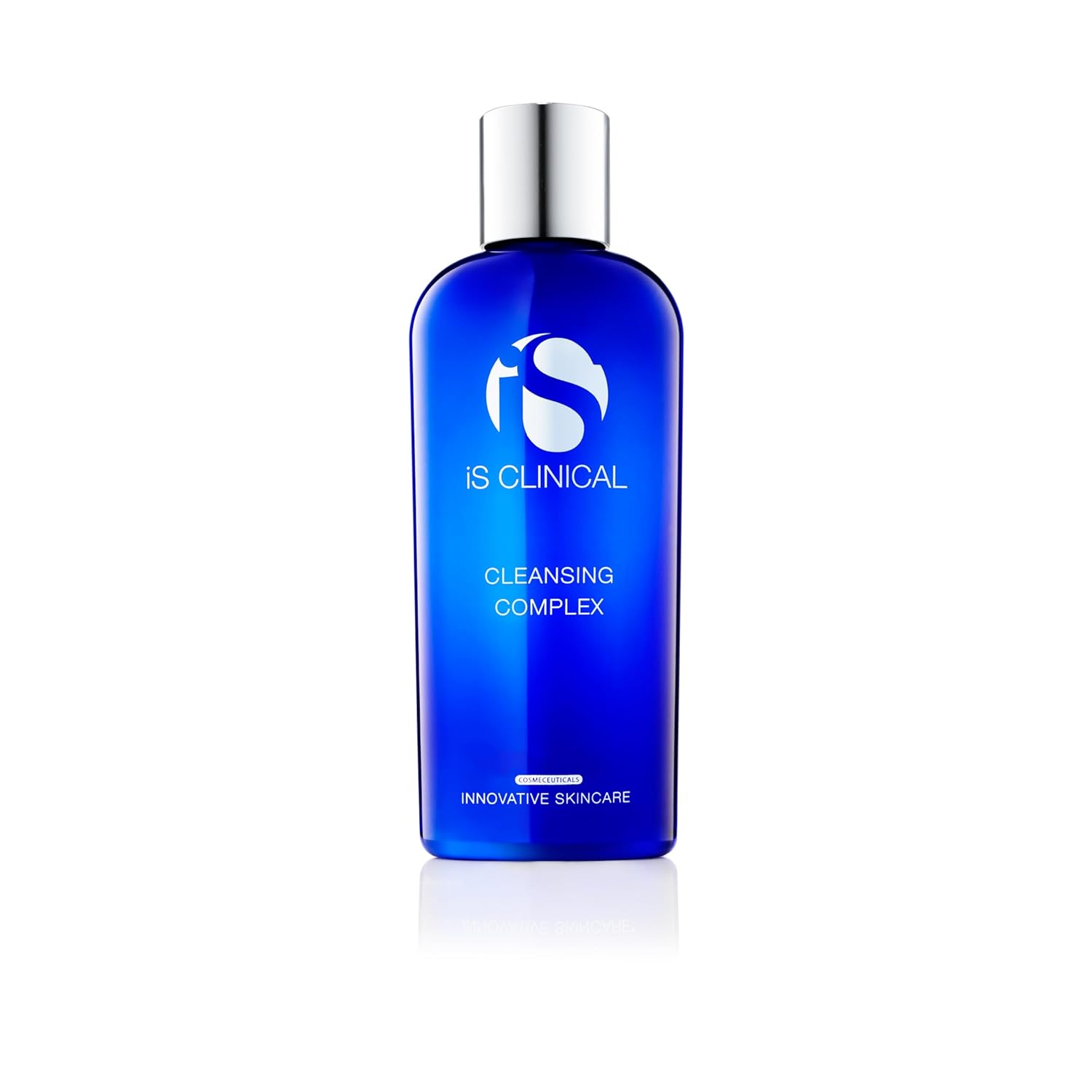
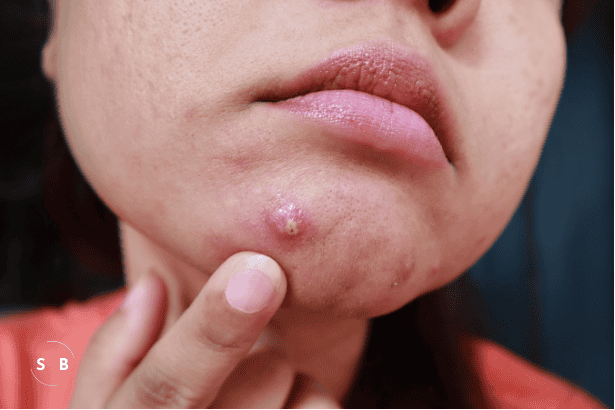
Leave a Reply